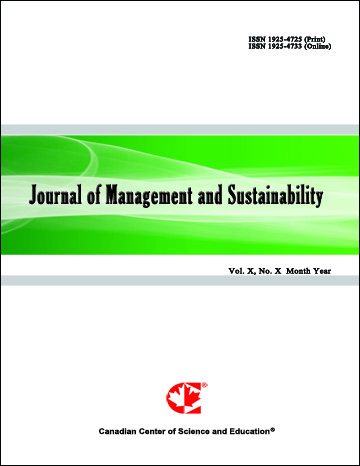Analysis of the Synergy Between the Objectives of the National Policy on Solid Waste (PNRS) and the Sustainable Development Goals (SDGs) in the Focus on Construction Waste
- Maria Catarina Menegucci Lougon
- Marcelo Marini Pereira de Souza
Abstract
In light of the growing challenges related to sustainability, the construction industry stands out for its economic importance and, at the same time, for its high potential for socio-environmental impact. Despite its contribution to the Brazilian economy, the activity generates significant environmental impacts resulting from the intensive consumption of natural resources, pollutant emissions, landscape alterations, and the substantial generation of Construction and Demolition Waste (CDW), which is often improperly disposed. These factors underscore the need to redirect the sector’s practices by adopting approaches more consistent with the principles of sustainable development. The National Solid Waste Policy (PNRS), established by Federal Law No. 12.305/2010, sets guidelines and responsibilities for solid waste management in the country, including CDW. In this context, the present study has analyzed the alignment between the goals of the PNRS and those of the Sustainable Development Goals (SDGs), identifying the strength of the links between these two instruments as strong, moderate, or weak in the context of CDW. Based on this analysis, a SWOT matrix was used to map strengths, weaknesses, opportunities, and threats from the interface between the PNRS and the SDGs, resulting in the proposal of 20 strategic actions to strengthen this relationship and promote more sustainable management of CDW. Among the recommended actions are: 1. Promoting technological innovation in the construction industry by replacing conventional methods with industrialized processes. 2. Training the construction workforce to reduce CDW generation and enable on-site waste segregation. 3. Strengthening spaces for social participation in decision-making processes related to waste management. 4. Promoting both formal and non-formal environmental education to encourage behavioral changes in consumption and adoption of circular economy principles. 5. Requiring transportation companies to implement tracking systems, including generator registration, optimized routing, use of covered containers, and tools to ensure CDW traceability. These interventions aim to consolidate a more efficient and sustainable management system for construction and demolition waste, contributing to the protection of public health and the environment through waste prevention, reduction, reuse, recycling, and environmentally safe disposal of residues. The study concludes that the PNRS requires specific actions to incorporate the objectives and targets set forth by the SDGs.
- Full Text:
 PDF
PDF
- DOI:10.5539/jms.v15n2p121
Journal Metrics
Google-based Impact Factor (2021): 1.54
h-index (July 2022): 37
i10-index (July 2022): 147
h5-index (2017-2021): 12
h5-median (2017-2021): 19
Index
- Academic Journals Database
- ANVUR (Italian National Agency for the Evaluation of Universities and Research Institutes)
- CAB Abstracts
- CNKI Scholar
- EconBiz
- Excellence in Research for Australia (ERA)
- GETIT@YALE (Yale University Library)
- Harvard Library
- HeinOnline
- Infotrieve
- JournalTOCs
- LOCKSS
- MIAR
- PKP Open Archives Harvester
- RePEc
- Scilit
- SHERPA/RoMEO
- Stanford Libraries
- UCR Library
Contact
- Evelyn XiaoEditorial Assistant
- jms@ccsenet.org
